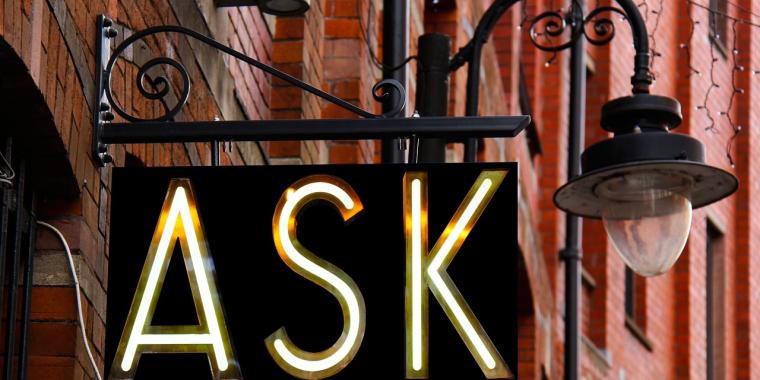Demand for Face-to-Face Advice

Demand for face-to-face advice across the Citizens Advice network has increased by 249 per cent since the Covid-19 pandemic, new analysis from Citizens Advice Scotland (CAS) has found.
During the Covid-19 pandemic and lockdown, CABs had to give advice remotely and as a result helped only 4% of their clients with face-to-face advice.
In the year following 12 per cent of people CABs helped were given advice face-to-face, by 2023/24 that had grown to 41 per cent.
The analysis comes as a growing number of people in Scotland believe it is important to be able to access face to face advice.
A poll for the charity from research company YouGov found that 68 per cent of Scotland adults thought face-to-face advice on complex issues was important, an 11 per cent increase from 2022.
CAS has published the data as it warns about the impact of proposed charges for advisors giving immigration advice across Scotland.
The Home Office is currently consulting on introducing charges for bodies providing immigration advice. The proposals would see CABs charged registration and re-registration fees which could cost the network in Scotland hundreds of thousands of pounds a year. CAS estimates set up costs could be over £300,000, with ongoing costs around £223,000 per year.
In a consultation response, CAS warns the impact of these changes would place a financial burden on CABs already struggling with demand and have a potential ‘chilling effect’ on the recruitment and retention of advisors.
CAS Chief Executive Derek Mitchell said:
“This research underlines how important it is that we retain access to one-to-one, in person advice for people, especially those with complex cases or from vulnerable backgrounds. Since the pandemic we have seen demand for that one-to-one advice grow.
“However, advice provision in Scotland will be put at risk by proposals to charge CABs to provide immigration advice. They come at the worst possible time.
“What these proposals fail to recognise is the wraparound nature of our advice service. People don’t come to a CAB with just one problem and four in ten cases advisors deal with are complex, requiring multiple different types of advice, restricting access to any type of advice makes it harder to help people.
“Last year 12,743 pieces of immigration-related advice were given to 4,406 people by CABs in Scotland. These clients didn’t just get immigration advice – they got help on housing, employment and energy as well. By restricting our ability to help these clients with immigration issues, it restricts our ability to help with everything.
“CABs are already facing huge levels of demand, often from people in a state of crisis and with complex cases. We need more funding to deliver advice, not to be charged for helping people.
“It will also have a chilling effect on advisor recruitment and retention, and potentially decrease availability of all advice across Scotland.”
In some examples of CABs giving extra advice to people in addition to immigration advice:
• A CAB helped an Iranian woman who was refused statutory entitlement to holiday pay and statutory sick pay for just under two years. Client was ultimately dismissed for refusing to accept cash-in-hand payments below the National Minimum Wage and refusing to commit benefit fraud.
• Another CAB helped an EU national who had unexplained deductions taken from her wage. The woman suspected that her employer is discriminating against her as an EU national because he does not expect her to understand her employment rights.
• In another case, the mother of a child under one, who does not speak English as a first language and recently fled domestic abuse received support from her local CAB to navigate the social security system to access the Scottish Child Payment and Best Start Grant for her child.
• Another CAB helped a recently widowed woman who was working part time but had no access to other support as she was on a spouse’s visa. She was supported to rectify her immigration status as well as access support through a food bank and school clothing bank for her child.